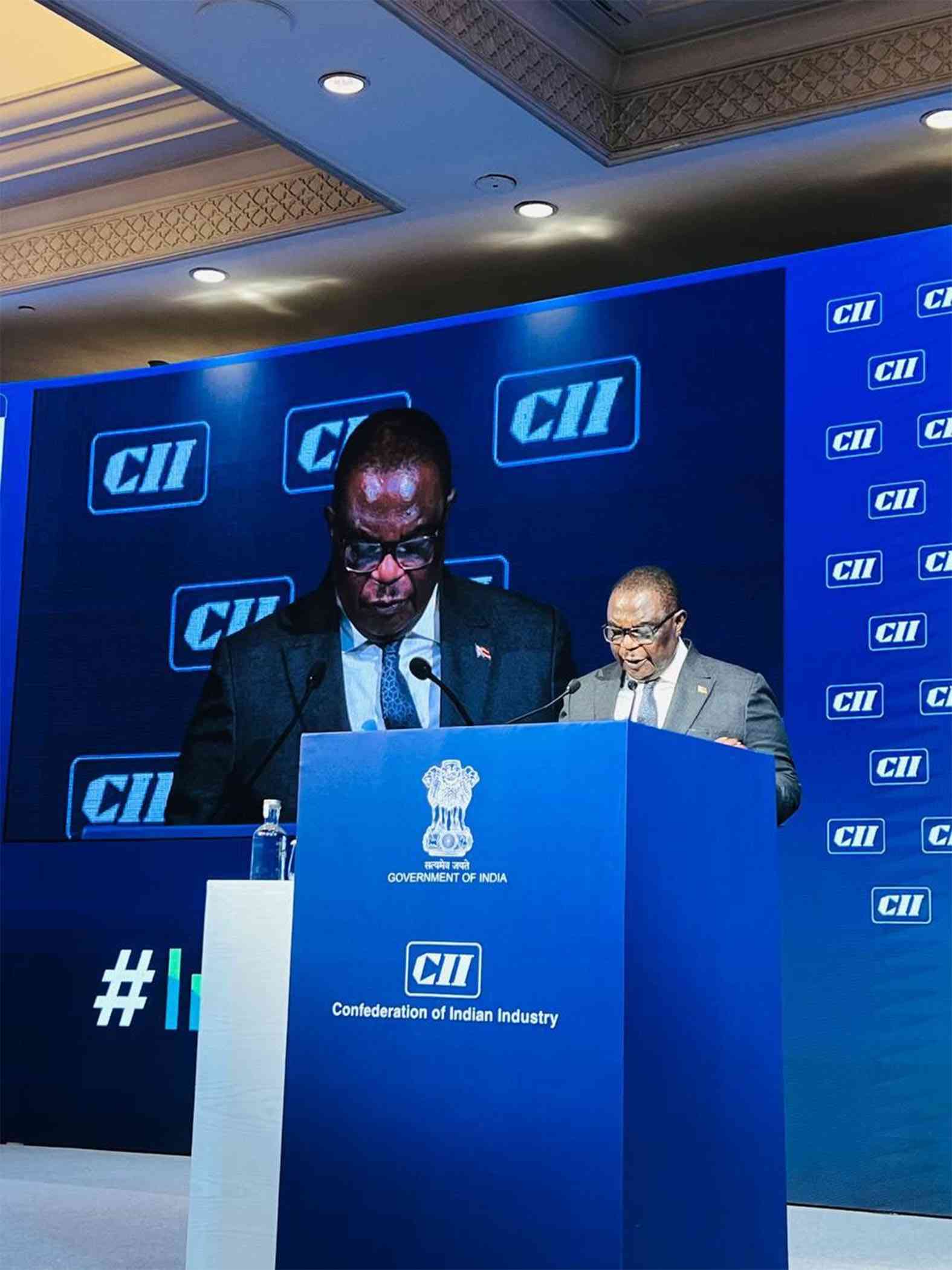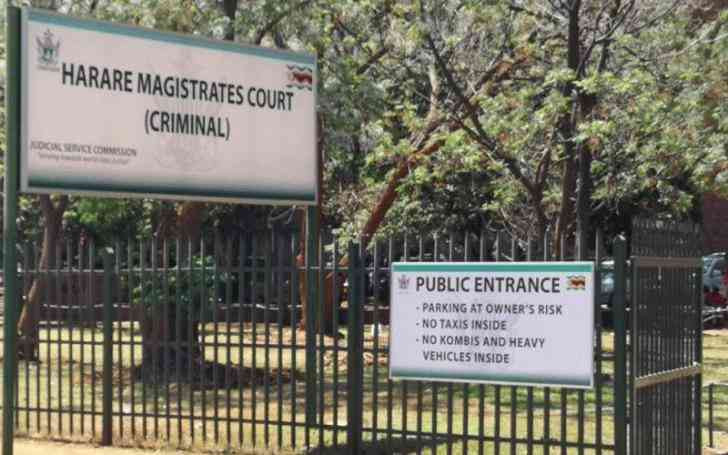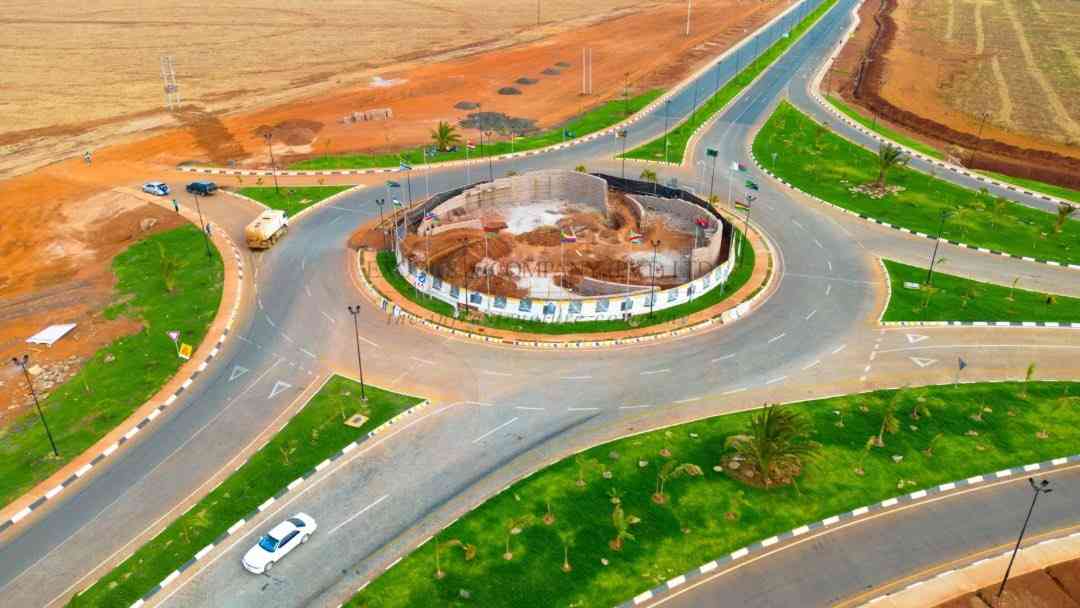GOVERNMENT is expected to deliver approximately 50 000 metric tonnes (mt) of grain monthly to rural communities affected by the El Niño-induced drought as it rolls out its food distribution programme in phases, a Cabinet minister has said.
Lands and Agriculture minister Anxious Masuka told Parliament on Wednesday this week that vulnerable people living in rural areas will get first preference with the programme being spearheaded by government departments.
President Emmerson Mnangagwa last month declared the drought a state of national disaster in a bid to marshal resources from aid agencies and development partners.
Government this week indicated that more than half of Zimbabwe’s population will require food aid due to the El Niño-induced drought, adding that it revised its appeal to US$3 billion.
Authorities recently admitted that the El Niño-induced drought ravaging the southern African country caught them off-guard, despite projections last year of an imminent drought.
Masuka said government had completed a rapid vulnerability assessment to determine the people in need of food aid.
Keep Reading
- Boustead Beef seeks to end CSC corporate rescue
- Unresolved land tenure dispute stifles Tongaat Hulett project
- Boustead Beef seeks to end CSC corporate rescue
- British investor makes new claim over CSC . . . Boustead says it took over full control of the beef processor in 2019
“Those two have indicated that 6 million rural people out of 9,2 million will require food assistance from now till March 2025.
“The urban livelihood assessment has also been completed by the Food and Nutrition Council and in it, 1,732 million urban people will require food assistance. Government has indicated both the rural people and urban people that are vulnerable (and) will be assisted.”
Masuka also told Parliament that food aid would be rolled out in a phased approach.
“That assistance will be in the following manner; for rural people: From now until September or October, the distribution will be 7,5kg of cereal which might be wheat, maize or traditional grains per person per month. That will amount to 46 000 metric tonnes on a monthly basis.
“In the three months, 138 000 metric tonnes will be required but because of logistical hurdles, instead of going around the country every month, an individual will receive three months’ supply at any given time — that will be 22,5kg of cereal for the rural households for the six million people that will require assistance,” he said.
For urban households, Masuka said, a cash transfer system will be used and modalities would be announced by Public Service, Labour and Social Welfare minister July Moyo.
“The expectation is that the private sector has been allowed to import and they will see and perceive business in this drought year and will be able to import, mill and sell appropriately-priced mealie-meal to urban households. These 1,732 million people will then be given cash and will be able to access that mealie-meal,” he said.
Masuka said to ensure there is stability government would intervene using its own institutions.





